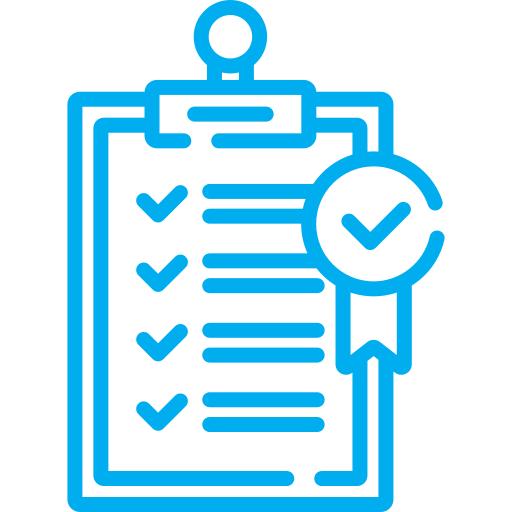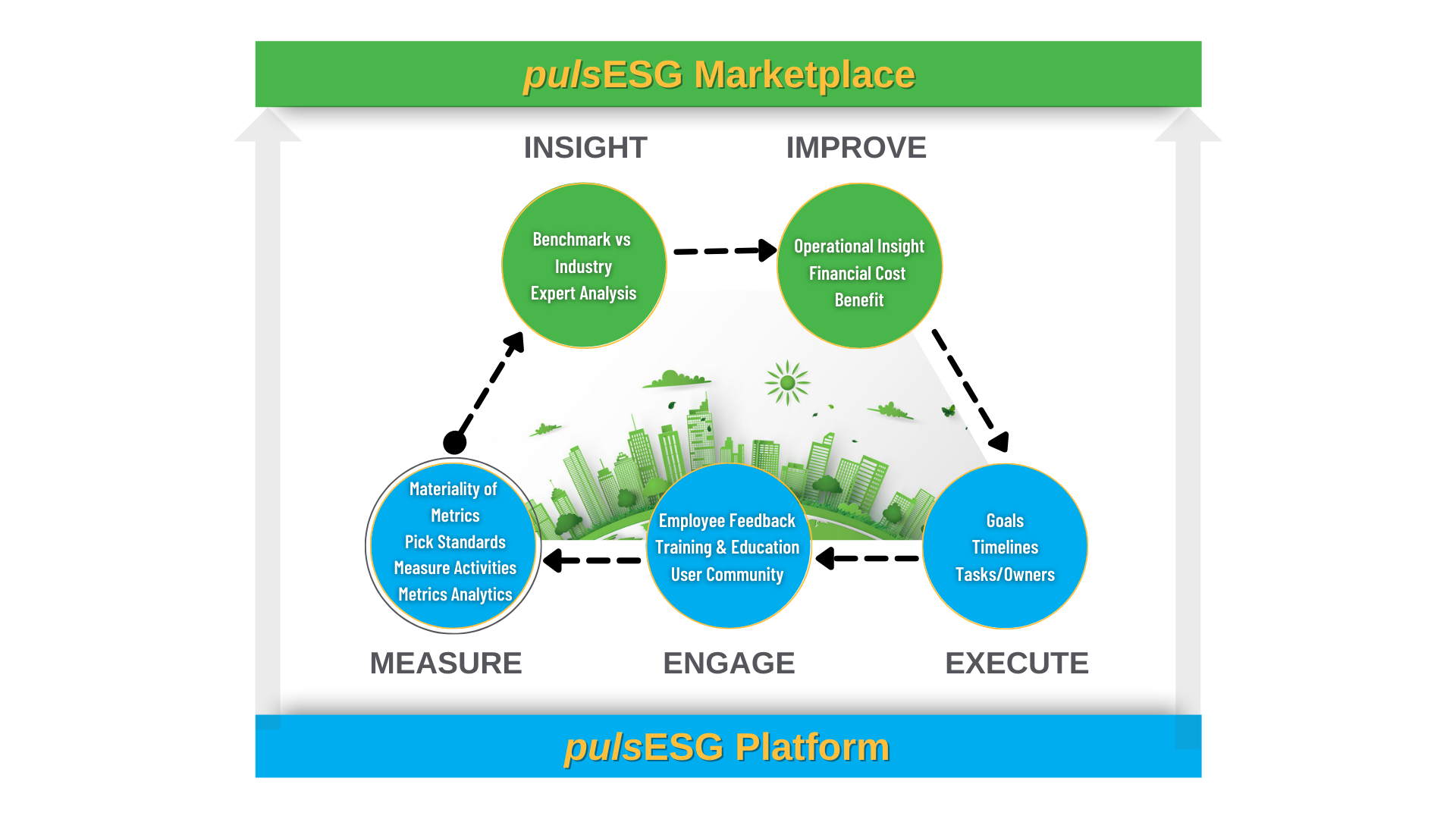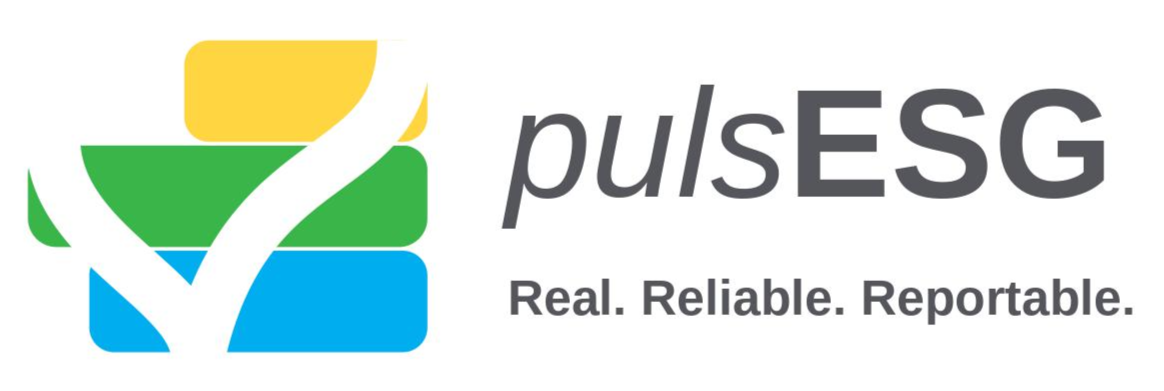
Varying Standards

Industry Initiatives

Multi Division/Portfolio Analytics
Collapse
[read more]These portfolio companies and divisions in turn may have other stakeholders (such as other investors, customers, different regulators, ratings agencies, or auditors) who would like to receive verifiable and auditable ESG data as well. We refer to this in technical terms “the many-to-many problem.”[/read]

Auditability & Aggregation

Manual Processes

Data Quality


Extensible
Single point of Visibility, Control, Improvement & Analytics
pulsESG™ is designed to help orchestrate the process of defining, capturing and improving each ESG metrics across the enterprise. We provide a central system to track a consolidated view with appropriate controls and audit trail mechanisms.
Comprehensive, Flexible Cross-Enterprise Data Collection Workflow
pulsESG™ automates a comprehensive ESG data collection from stakeholders within an organization, and also across divisions or portfolio firms of an investment firm. This eliminates the need for manual spreadsheets and tedious tracking mechanisms over phone or email.
Standards Based Analytics
Standards based analytics for SASB, GRI, various standards and Custom Metrics are provided, including historical comparison of attribute values and audit controls.
Organization-Wide Collaboration
ESG System of Record
Automated Integration with ERP, HR and other Data Sources
Where there is an existing system of record, the integration is automated ideally via APIs (if the system provides it) or file extracts in the worst case. For spreadsheet(s) based manual processes, ingest the data from them or drive the orchestration to minimize the manual processes. pulsESG™ provides standard integration packs to those systems. A similar approach will be taken for sharing the output of the system (for example with Directors Desk and MSCI) with appropriate workflow controls.

